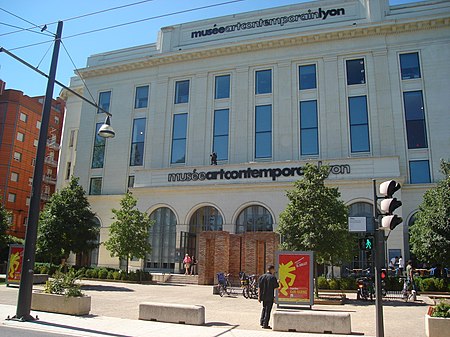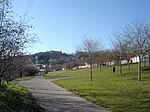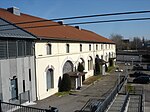22nd G7 summit

The 22nd G7 Summit was held in Lyon, France, on 27–29 June 1996. The venue for this summit meeting was the Museum of Contemporary Art, Lyon (Musée d'art Contemporain de Lyon). The locations of previous summits to have been hosted by France include: Rambouillet (1975), Versailles (1982), and Paris (1989). The Group of Seven (G7) was an unofficial forum which brought together the heads of the richest industrialized countries: France, Germany, Italy, Japan, the United Kingdom, the United States, Canada (since 1976), and the President of the European Commission (starting officially in 1981). The summits were not meant to be linked formally with wider international institutions; and in fact, a mild rebellion against the stiff formality of other international meetings was a part of the genesis of cooperation between France's president Valéry Giscard d'Estaing and West Germany's chancellor Helmut Schmidt as they conceived the first Group of Six (G6) summit in 1975.A pre-summit was held in Moscow, Russia from 19 to 20 April to deal with nuclear security issues.
Excerpt from the Wikipedia article 22nd G7 summit (License: CC BY-SA 3.0, Authors, Images).22nd G7 summit
Quai Charles de Gaulle, Lyon Cité Internationale
Geographical coordinates (GPS) Address Phone number Website Nearby Places Show on map
Geographical coordinates (GPS)
| Latitude | Longitude |
|---|---|
| N 45.7842 ° | E 4.8524 ° |
Address
Musée d'Art Contemporain
Quai Charles de Gaulle 81
69006 Lyon, Cité Internationale
Auvergne-Rhône-Alpes, France
Open on Google Maps











